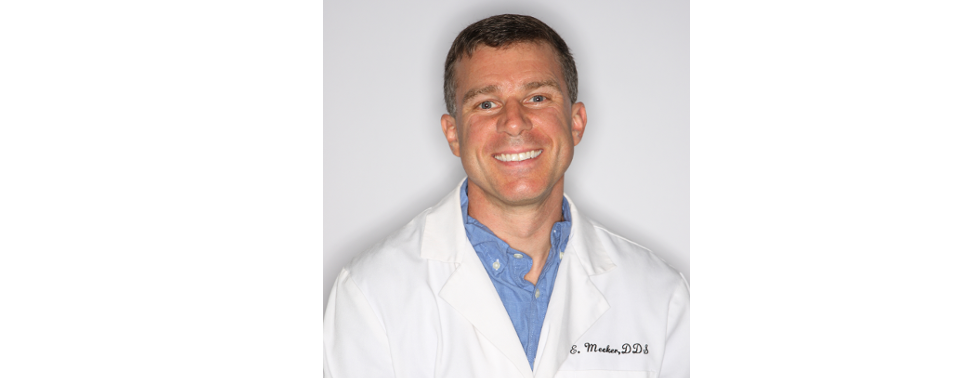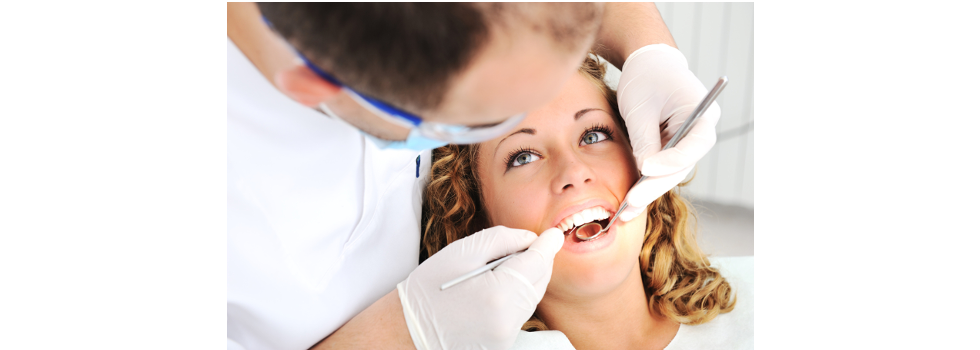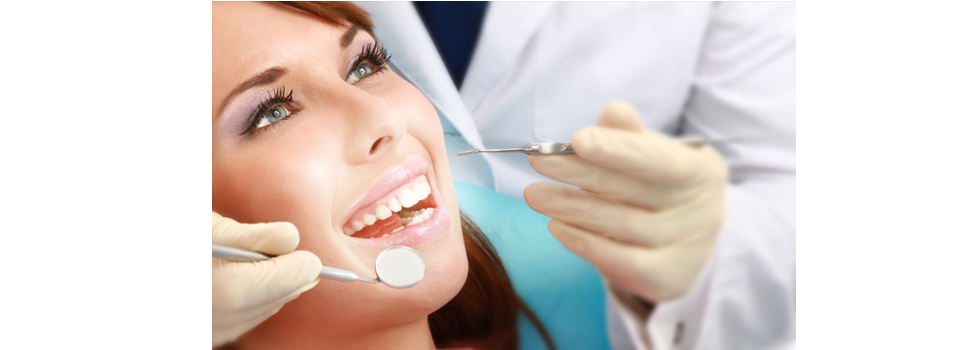Crown & bridge and removable dentures are the heart of most dental practices, meaning these procedures need to be done regularly with health profit margins for an office to be successful. Re-makes are costly in every sense, as they foster distrust among patients, and strain the relationship with the lab. Dental labs must be viewed as an important auxiliary to the practice, a resource to be used for the mutual benefit of all. Communication & honesty are essential, and yet far-too-often it doesn’t happen, as too many dentists are sending their labs inferior preparations and/or impressions; and then asking their technicians to become magicians and ‘bail them out.’
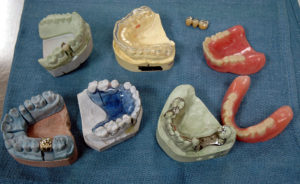
This applies equally to removable prosthetics concerning: impression taking, mounting, VDO, midline, and tooth shape/shade selection. All this must be understood conceptually, and applied correctly. Treatment plans must fit patient needs, as well as meeting a professional standard. Even practices converting to Cerac milling machines can not escape the eventual need for lab technician expertise, as precision and high-aesthetic cases still need that ‘human touch’ on both ends. Lab skills tend to be a weakness for many dentists, when they must be (at least) average to achieve professional competency.
Use the specialist dentists in your area, and you will appreciate what they can do for you. This means referring all molar and any other difficult root canals to the endodontist. This will save headaches, frustration and lost chair time, while lowering your liability risk. The clinical truth is, if you don’t have a microscope, then you can’t do endo at an acceptable standard-of-care.

Oral surgeons are always necessary for difficult extractions and advanced bone grafting cases. Don’t attempt these procedures as a general dentist, unless you have extensive CE training. Complex pediatric cases almost always need a referral, as general practices aren’t set-up to handle children, and their unique needs. Pushing this dental envelope can psychologically scar a child for life, while upsetting the parents and creating a stressful situation for the office. Recognize & refer early. If you attempt orthodontics, my advice is to make sure you have an excellent orthodontist backing you up, teaching you as you go. Relying on Invisalign lab techs (and such), is malpractice.
Dental implants are now a part of everyday dentistry. They are considered safe & predictable, and therefore must be discussed as a treatment option when indicated. Placing & restoring dental implants consistently requires three team members: restoring dentist, oral surgeon, and lab technician(s). Cases should be reverse-engineered, meaning visualized and treatment planned from the end result, back to the start. This often requires extensive planning and communication between the: 1) oral surgeon who may have to place block bone grafts, reposition nerves, and/or lift sinuses; 2) the restoring dentist who must evaluate the mouth & TMJ to determine the best prosthetic option; and 3) the lab tech who must build the framework, then the final prosthetic to precision-fit the placed implants. The restoring dentist must properly prepare and impress the patient, which is the link between the oral surgeon and the lab.

Sedation dentistry is risky, and malpractice insurance carriers hike their premiums for providers who IV sedate, so make sure you know what you’re doing. You also need to be sure you are collecting for this service, as many patients say they want this, but most can’t/won’t pay for it. Even nitrous oxide has liability risks, including abuse & theft. I’ve always felt it’s easier to write a prescription for diazapam (Valium), and insist the patient obtain transport home. In truth, it usually needs to be a high-end cosmetic-type practice for sedation dentistry to be feasible. As far a ‘spa/relaxation dentistry’ goes, if patients are willing to pay extra to be pampered (and it’s safe), then fine.
Final Thoughts: Consider your existing practice to be an airplane, with you as the pilot. Flight (dental) school didn’t adequately prepare you for the realities of your career. Your plane needs repairs and your flight crew needs retraining. Most air traffic controllers (consultants) aren’t really helping with their coordinates, and the FAA (ADA) is out-to-lunch, so you’re flying on your own with little guidance. Kinda scary, huh?
Unless you were groomed by parent(s) who are dentists, and have had this profession in your blood for a long time, then upon graduation you don’t even know 50% of what you need to survive as a practicing clinician. For instance, there are real-estate brokers, shopping center entities, dental supply companies, insurance conglomerates, and corporate dental chains that are itching to make a deal with you. Do you know what you’re signing up for? You may also have serious student loan debt, so you really don’t have time to waste in figuring all this out.
Experienced doctors will all admit they were “safe beginners” at first, so don’t be afraid to humble yourself. The title “doctor” is earned only by learning everything you need to know, in order to treat patients successfully. This is what we do, and as far as dental consulting goes, nothing else matters. We are rock stars, and we are here to help. Thank you for your consideration in reading this.
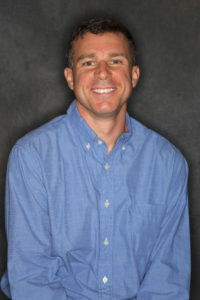
When you are using the website, you can find a variety of unique items that exist at very reasonable prices which are going to have affordable papers the ability to meet all of your needs.

